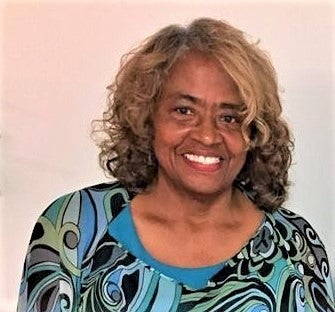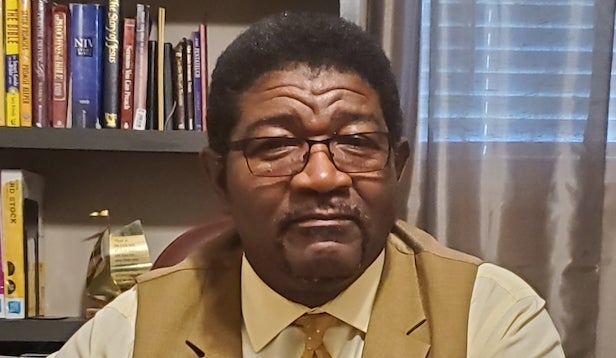Washington’s freedom celebration goes back many years
Published 3:42 pm Monday, June 26, 2023
|
Getting your Trinity Audio player ready...
|
I want to thank the readers for their kind comments and words of appreciation I receive for writing this column. I have learned that people as far away as Spain and Kenya and so many places in-between are enjoying the column as well. I want to thank those who are sharing on social media or spending copies of the column to friends and families in the military and families all over the country. Thank you!
I love especially sharing Washington’s African American history because it is so rich and vast. I have been sharing this history for over a decade, and I am still finding new things about Black history in this town every day.
As part of the Juneteenth events, I shared a lot of Washington’s history and received a lot of questions about Washington’s role in the celebration of freedom. While Washington like so many other places, did not celebrate Juneteenth in years past, African Americans here have had a long and vibrant past in the celebration of freedom. Last year for Juneteenth, in partnership with Pastor Darnell and the Presbyterian Church, we celebrated the fact that the Emancipation Proclamation was read from the steps of the Presbyterian Church on January 3,1863. Washington, like so many other places in North Carolina celebrated Emancipation Day in the first days of January from 1863-1910.
I was asked many times last week if Black people celebrated the 4th of July as well as a Freedom Day. In many of the 1937 Work Progress Administration (WPA) Oral Histories of formerly enslaved people, there are many narratives of how the enslaved were given time off to celebrate Christmas and the 4th of July as holidays. And while they weren’t celebrating their freedom on the 4th of July holiday, it was a day off from strenuous, never-ending toil.
Two years after the Civil War ended, one of the biggest freedom parades and events ever held by Africans Americans in Washington took place.
The day began by Washington’s most revered Black citizens, Sylvester Dibble and John Cherry, riding horseback with other prominent Black men through the town’s major streets singing the Battle Hymn of the Republic.
At that time the city went from Water Street (south) to Fifth Street (north) and Bonner (east) to Hackney Avenue (west).
Then, later in the day the most prominent Black men in town led a procession marching down Fourth Street to the Grice Plantation (aka Elmwood Plantation) where a public ceremony took place. The pastor of the Presbyterian Church, Rev. G. H. Dalton prayed and the choir sang hymns. J. O. Whitemore, the town’s Collector of Customs read the Declaration of Independence and the town’s most prominent lawyers F. B. Satterwaite, W. B. Rodman and the Sheriff Samuel Carrow made speeches. And most importantly, Black men, Henry Fleetwood, Rev. Alex Moore, L. L. Clemmons and James Clemmons gave speeches as well.
As the day was celebrated with cannons firing, church bells ringing and of course firecrackers going off everywhere, the Black population was still celebrating the end of slavery. So long before Juneteenth, Washington’s Black residents have celebrated with many people in this town the wonderful freedom that is their God given right.
Leesa Jones is a Washington native and the co-curator of the Washington Waterfront Underground Railroad Museum.






